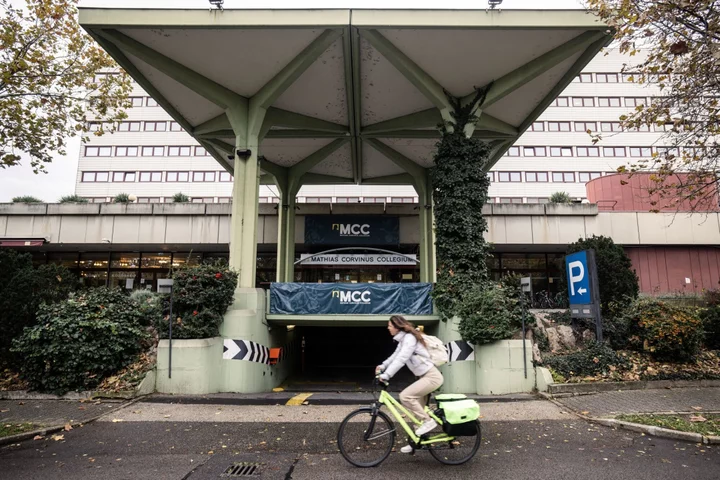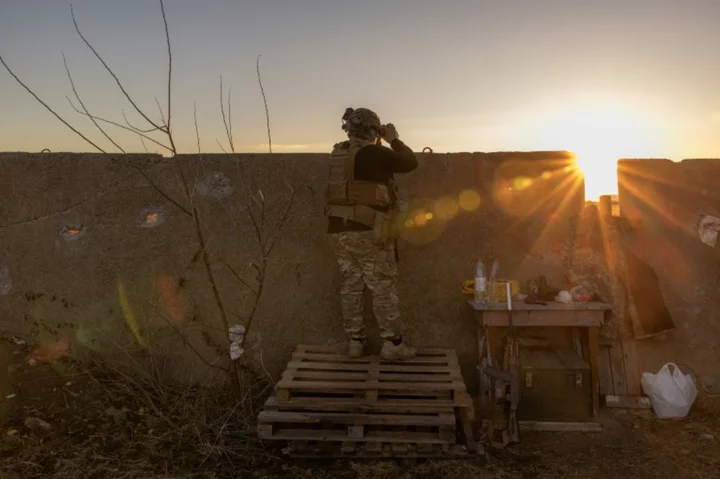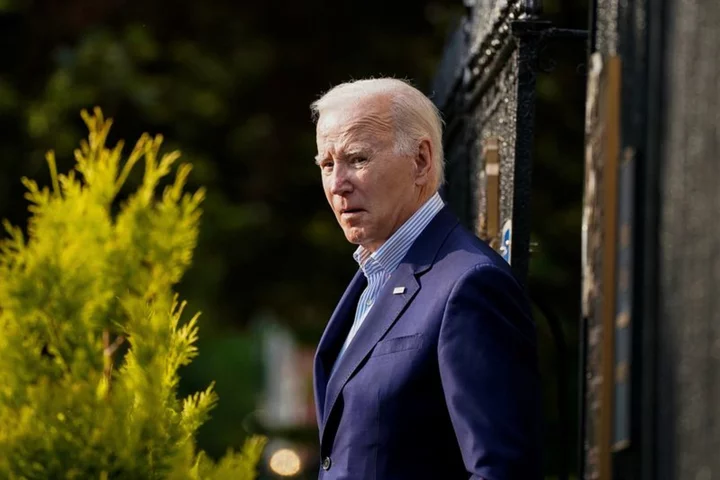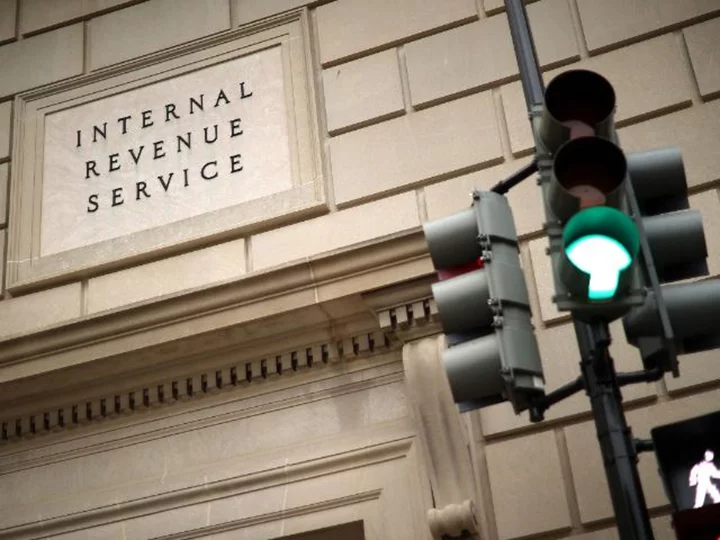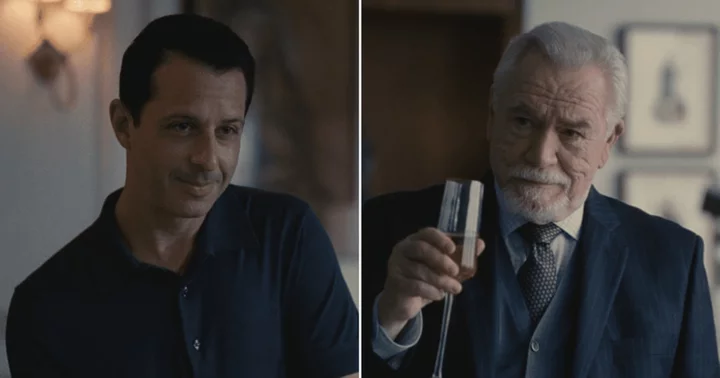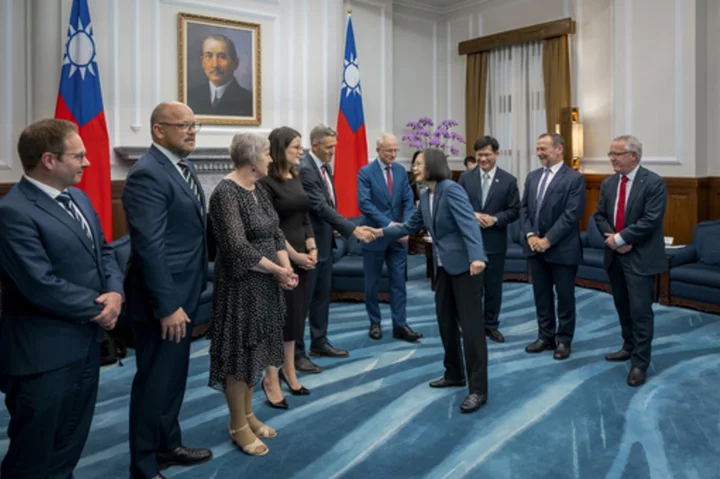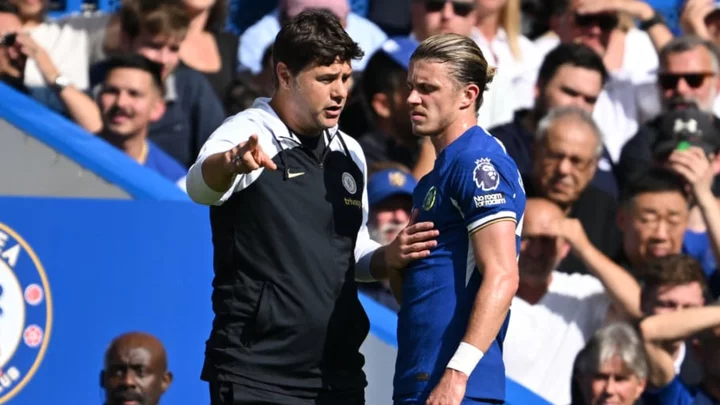In a former four-star hotel in Budapest’s leafy 11th district, Mathias Corvinus Collegium invites young people into a relative world of luxury.
Its headquarters a 20-minute walk up from the Danube River is replete with spa access and study pods overlooking a park with a duck pond. Students can browse seminars ranging from digital transformation to modernism in architecture. They can hang out in a café named after conservative English philosopher Roger Scruton or sign up for study trips to the UK and Ireland.
The MCC, as it’s known locally, couldn’t be more divorced from the teacher shortages and battered infrastructure typical of Hungarian schools and colleges right now. That’s because MCC is no typical institution in a country where power is centered around one man and his world view.
The college is endowed with more than $1 billion by Prime Minister Viktor Orban and his government to nurture Hungary’s future leaders. Underpinned by money comparable with the rest of the country’s combined higher education budget, MCC has become a training ground for the next generation of Orban disciples to ensure the nationalist forces sympathetic to his “illiberal democracy” are replenished and exported.
Last month, MCC opened another site in Slovakia to add to the 18 centers across Hungary, a university in Vienna and expansion in Romania and Ukraine. It also has branches and partnerships in Brussels, Berlin and the UK, and plans for a much more palatial building up the hill from the current headquarters.
It’s hosted events with speakers including former Fox News anchor Tucker Carlson and Columbia University professor Jeffrey Sachs, who has shared some of Orban’s criticism of sanctions against Russia over its war in Ukraine. Most recently, former Austrian Chancellor Sebastian Kurz, an Orban ally against immigration who was charged with providing false testimony in a corruption probe, was feted as a celebrity at an MCC event in Budapest on Nov. 8.
The MCC’s board of trustees is chaired by Balazs Orban, a close aide to the Hungarian prime minister, though not related to him. The college describes itself as “independent without being value-neutral” and its main mission is to develop talent rather than impose any ideology, according to its leadership.
“It’s not about Hungarian soft power mainly,” Balazs Orban said on the sidelines of an event in Paris this month. “It’s about my students. I am responsible for the new generation of Hungarian people.”
MCC offers additional classes for students attending other schools and universities to improve their language skills, writing and communication, which are often sore points in the regular education system focused on rote learning.
With courses ranging from economics to psychology, it covers primary level all the way up to the mentoring and research support for doctorates, mainly in the humanities.
Yet, it’s no ordinary establishment. After humble beginnings as a small academy founded in the 1990s, it turned into a key lever of Orban’s influence over education, backed by huge financial might.
An injection of assets by the government in 2020 meant the college came to own 10% of shares in oil refiner Mol Nyrt. and drugmaker Gedeon Richter Nyrt., tied as the biggest holder in each with another education foundation. The two companies make up about half of Hungary’s stock market index.
MCC also boasts prime property across Hungary and a majority stake in Libri, a bookseller that caused controversy by wrapping some books in plastic foil. The company was complying with a law introduced by the government that restricts the marketing of material that can be deemed to publicize homosexuality or gender change to minors.
Orban’s leadership has pumped “extraordinary” amounts of money into MCC to help nurture a circle of intellectuals who will help his Fidesz party keep power at home and widen his influence abroad, said Daniel Hegedus, a senior fellow focused on Central Europe at German Marshall Fund.
For example, MCC publishes studies on such things as the European Union’s relationship with LGBTQ groups, which have come under attack in Orban’s Hungary. In one report, MCC said the EU had turned into a “supranational LGBTQ advocacy group” so the bloc could gain “moral authority.” MCC’s director general, Zoltan Szalai, is also editor-in-chief of Mandiner, a news website that promotes Orban’s views.
“MCC is part of the Fidesz propaganda machine,” said Hegedus, who is based in Berlin. “Orban would like to create that sort of organic intelligence or this web of public intellectuals in Hungary, first and foremost for the sake of regime stability.”
Orban, 60, has fostered a narrative that outsiders are trying to undermine Hungary. In 2018, Central European University, funded by billionaire Hungarian emigré George Soros, said it had been forced out of the country after a tussle with the government. This week, Orban unveiled a new Sovereignty Protection Agency to weed out what he sees as foreign efforts to influence politics.
He’s also reveled in his role as the EU’s chief antagonist. The Donald Trump supporter has clashed with Brussels on everything from the independence of judges in Hungary to education and media freedom. Orban was quick to congratulate Dutch far-right leader Geert Wilders on his election victory on Wednesday.
The war in Ukraine added another layer to his culture war with what he calls the liberal elites in Western Europe. Orban has sealed energy deals with Moscow, tried to limit EU aid to Ukraine, and publicly called on the bloc to scrap economic sanctions against Russia. Last month, he met Russian President Vladimir Putin in Beijing.
Still, the EU is close to releasing as much as €1 billion ($1.1 billion) of funds for Hungary, though is still withholding billions more over corruption allegations. Meanwhile, Orban is targeting European Commission President Ursula von der Leyen and George Soros’s son Alex in his latest poster campaign.
A lot of Orban’s entourage was originally made up of fellow students at an academy he attended during his time at law school in Budapest in the 1980s. Those people went on to assume powerful roles in the ruling party, which acquired a broad sway over all branches of government, business, media and the judiciary. MCC is another incarnation of that, said Hegedus, part of what he calls Orban’s “socialization machinery” building support.
MCC students get more benefits than just better facilities. Many universities in Hungary will now award extra points to applicants who complete MCC’s high school program. That creates an unfair advantage, according to some educators.
Tamas Fedeles, vice rector of the University of Pecs in southern Hungary, said MCC students were already among the top tier of applicants due to the extra classes they receive. “It’s obviously on an excellent financial footing,” he said.
The MCC has a student roll of about 7,000, with plans to increase that to 10,000. And with its sailing marina on Hungary’s Lake Balaton and bursaries to carry out research abroad, it’s an irresistible magnet for many young people.
Like Orban, who went on to study on a scholarship at Oxford University, many are also from poorer, rural backgrounds. For Zoltan Turo from eastern Hungary, the MCC opened “an array of opportunities” he might not otherwise have had.
The son of an illiterate father from the Roma community, the 24-year-old is in his senior year in sociology at Karoli Gaspar University of the Reformed Church in Hungary and attends MCC’s Roma Talent Program on the side. He spends a weekend a month at MCC’s workshops, gets help brushing up his math skills and classes to nurture his dual identity as a Hungarian and a member of the Roma minority.
“MCC is obviously a conservative institution, its values are based on that, including Christian values,” Turo, who gets a stipend from MCC and supplements it by working as a waiter at a Mexican restaurant, said over tea in Budapest. “There is common ground between MCC and the government’s views because of their shared conservativism.”
More controversial is MCC’s expansion in neighboring countries with Hungarian minorities, which were left after Hungary lost more than half its territory following World War I. On its website, the college talks of encouraging patriotism and fostering young people who will “care for the Hungarian nation.”
Last month, MCC unveiled a new institute dedicated to researching Hungary’s national consciousness, using case studies of ethnic Hungarians abroad to help define what being part of the nation means. Anita Major, who co-chairs the institute with her husband, said the research will be apolitical and look at the viewpoint of the majority populations, too.
“I don't think we'll be subject to any sort of pressure at all,” she said. “We aim to preserve values that serve to strengthen Hungarian identity among Hungarians living both in and outside the borders.”
MCC has a branch in western Ukraine, where Orban has accused the authorities in Kyiv of depriving the ethnic Hungarian minority of their rights to use their language, especially in education.
The latest location is the branch in Dunajska Streda, Slovakia, which was officially opened in October. The majority of the 23,000 inhabitants of the town southeast of Bratislava is ethnic Hungarian. Krisztian Pomichal, the head of the local MCC affiliate, said the training is aimed primarily at Hungarian speakers, though it’s open to Slovak students.
Back at its headquarters in Budapest, Director General Szalai said MCC wouldn’t be so popular with students if it tried to force any ideology onto them. But they need to know they are part of a group culture, he said in an interview at the event to mark the new research institute.
“Individualism doesn’t lead to success in today’s world,” said Szalai. “Young people should know that they are part of a community, whether that’s their family, the Hungarian nation or Europe. It’s up to them.”
--With assistance from Ania Nussbaum and Veronika Gulyas.
(Updates with Dutch election, release of EU funds in paragraphs 18-20.)
Author: Andras Gergely, Andrea Dudik and Marton Kasnyik

